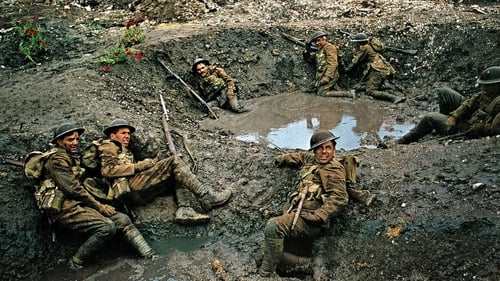Pia Colombo
出生 : 1934-07-06, Homblières, Aisne, France
死亡 : 1986-04-16
略歴
Pia Colombo (6 July 1934, in Homblières, Aisne, France – 16 April 1986) was a French singer of Franco-Italian origin, been born Eliane Marie Amélie Pia Colombo who acted in radio, cinema and television between 1956 and 1981.
Her father was from Milan and her mother came from the Nord.
She was compared to Édith Piaf and was believed to be her successor when Piaf died in 1963 but Colombo was too intellectual for the taste of the general public.
Politically committed, Colombo was a big interpreter of the work of her husband, the composer Maurice Fanon, and of Serge Gainsbourg, Jacques Brel, Georges Brassens, Kurt Weill, Hanns Eisler and others.
In the 1960s she acted in Roger Planchon's productions of Bertolt Brecht's works.
She acted in the Popular National Theatre, Théâtre des Champs-Élysées, Théâtre du Châtelet Olympia of Paris, Bobino, Festival d'Avignon and popularised the songs of Léo Ferré.
Colombo died of cancer when 51 years old and her body was buried in the Père Lachaise Cemetery in Paris.
Source: Article "Pia Colombo" from Wikipedia in English, licensed under CC-BY-SA 3.0.



